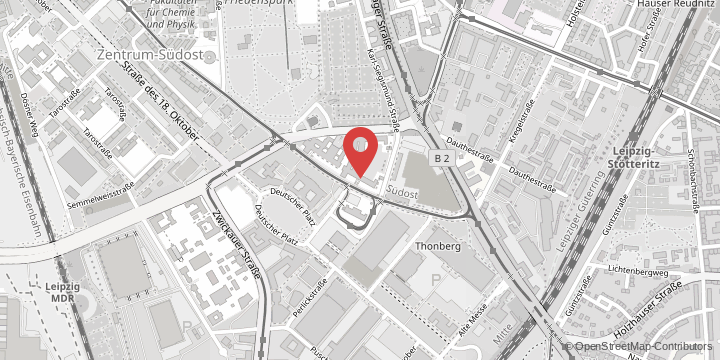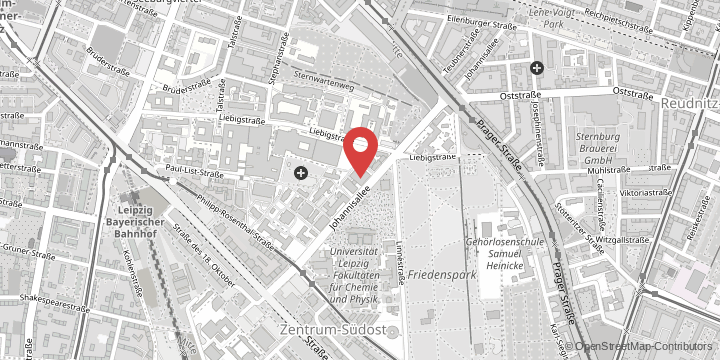Below you will find the tips for dealing with the coronavirus crisis published by the German Depression Foundation, which Nicole Koburger has modified so that they can be helpful for all of us.
- Maintain/create structure
Structure your day and week in advance. Especially now, when familiar routines get mixed up and many relaxing activities in your free time suddenly disappear, this can provide stability and security.
From working or studying hours and meals, to more enjoyable activities like reading, watching series, working in your garden or planting something on your balcony, yoga, and relaxation exercises: consciously plan the latter things into your days as well, and be proud if you have done them and have taken time for yourself or other important people or things. - Stay active!
Jogging or cycling is still possible. Go outside for a walk and get some fresh air. Or start that project you’ve been planning for your free time but never tackled, like working on your sewing machine, making a photo album from your last holiday, or writing a letter to your best friend. - Stay in touch virtually
If you are working at home or are even in quarantine, arrange times to talk on the phone with colleagues, friends and family. Online chats or forums also help combat loneliness. Breaks and beloved routines don’t have to be completely absent, even when working from home. - Try something new
Why not do yoga at home using YouTube tutorials, or try an online programme like Dr Eckart von Hirschhausen’s happiness training. The latter is an evidence-based, free programme for everyone, especially healthy people, based on the principles of positive psychology. - Share your concerns and fears
Talk to your family and friends. You can also use hotlines, such as the telephone counselling service on 0800 111 0 111 or 0800 111 0 222. - In more serious situations, call/visit a doctor or counselling centre
For serious cases, your family doctor, specialists and psychiatric clinics are there to help. Do not be afraid to ask for help in a crisis. If you are not sure whether you are in a (mental) crisis, you can use the following numbers: depression information hotline – 0800 33 44 533 (Mon, Tue, Thu: 1pm–5pm and Wed, Fri: 8.30am–12.30pm). On weekends and public holidays, the psychosocial counselling hotline of the City of Leipzig is available from 8am–6pm by calling 0341 799 990 000. - Use reputable sources for information
Facts alleviate fears. Use reputable sources of information, such as those listed on the University’s coronavirus page, and only read or listen to the news as often as is convenient for you.
Additional reputable sources on mental health / depression in English:
Tips for managing stress and anxiety during the coronavirus crisis:
- The Conservation – 7 Science-Based Strategies to Cope with Coronavirus Anxiety: http://theconversation.com/7-science-based-strategies-to-cope-with-coronavirus-anxiety-133207
- US Centers for Disease Control and Prevention – Manage Stress and Anxiety: https://www.cdc.gov/coronavirus/2019-ncov/prepare/managing-stress-anxiety.html
- Australian Psychological Association – Tips for Coping with Coronavirus Anxiety: https://www.psychology.org.au/getmedia/38073179-4701-48bd-afd9-988c560ee2f9/20APS-IS-COVID-19-P1.pdf
General websites about mental health, depression and anxiety:































































